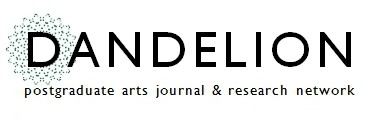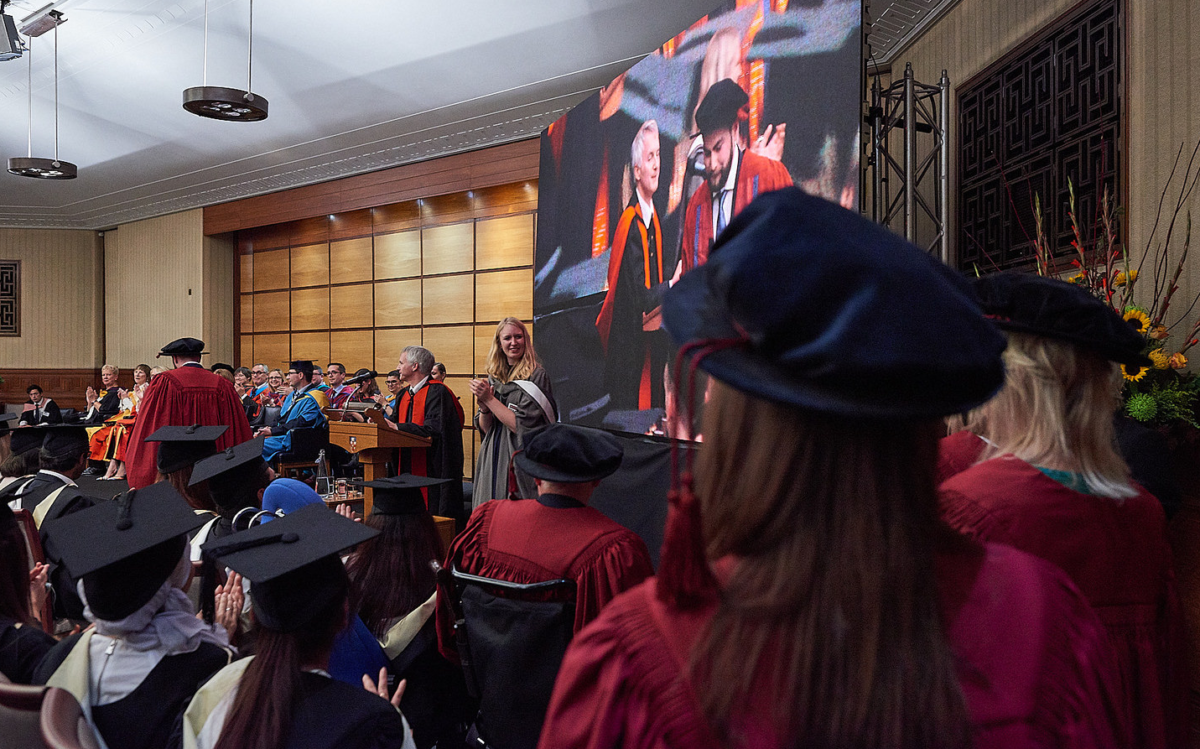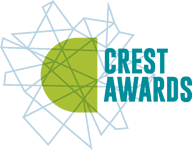
Submissions are invited on the theme of
Animals
“The main shortcoming of humanistic scholarship is its extreme anthropocentrism”, Edward O Wilson recently claimed, arguing that this was “a major cause of the alarming decline in public esteem and support of the humanities”. The humanities have begun to pay attention to the depredations of the Anthropocene and to our animality, our animal origins, in the work of Donna Harraway and Pierre Huyghe, to give two notable examples. However, it could also be argued that they have narrowed dramatically, to become obsessed with individual human identity, advancing the causes of particular, discrete groups of humans. A position one could say is hyper-Anthropocenic, one following the atomizing, conflict-generating logic of neo-liberalism, which one can in turn relate to an epidemic of self-obsession and narcissism in the mirror-world of the culture at large.
Can an increased concern in the humanities with animals and animality, and therefore with nature, and by extension science, offer a way out of this impasse? Animals are still at the centre of our culture; they have always answered out needs, and our attitude to them is as conflicted as it has always been. The anthropomorphism that still dominates our attitude to them often takes on sentimental forms, yet it developed as an entirely utilitarian way to aid hunting in prehistory. When we begin to consider animals and animality we enter a world of contradictions. We spend tens of millions on pet food, but still slaughter huge numbers of animals. We could not have survived the last Ice Age without their furs and skins, and it was increased consumption of their meat that led to the increased brain size that allowed our bipedalism to advance, and thus to the descent of the larynx, and thus language; in short, this almost-cannibalism, this never-ending slaughter, was essential to our becoming human.
George Bataille said that animals dwell in the world “like water in water”, in an unmediated, non-destructive, but utterly determined way, and that humans had also once dwelt in the world in this way. But at some point in prehistory, this changed, and our exploitation of Gaia began. Questions contributors may want to consider are where our differences from animals truly lay? Where do we find what remains of our animalism? Are there times and privileged circumstances in which we too can dwell in the world ‘like water in water’, and how can we, and should we, create them? How much closer can we come to animals? Is there anything to be said for holding up something programmed to pursue its genetic interests, allowing nothing to stand in its way, without altruism, and beyond good and evil, as a redemptive model? What possibility is there of having genuine access to the umwelt of, and somehow experiencing the full ontological reality of what is biologically different in any case? Can insights about our animality help us exit the Anthropocene without disaster, and not just ensure our survival, but even our self-overcoming, and new way of being in the world?
The word ‘animals’ has many ramifications, various morphologies, histories, and synonyms and antonyms, all of which contributors are free to explore. Topics may be related, but are not limited, to:
- Animal rights
- The Anthroposcene/Post-anthroposcene
- Anthrozoology
- The post-human
- The trans-human
- Humanism and anti-humanism
- Animal Studies
- Animalism
- Beastliness
- Animal consciousness
- Anthropomorphism and totemism
- The animal and animalism in philosophy
- Anthropocentrism
- Animal-human relations
- Chimeras and monsters
- The fabular
- The apocalyptic and the revenge of nature
- The animal in horror and science fiction
- Becoming animal
- Evolution
- Extinction
- Human as animal, animal as human
Submission guidelines
We welcome long articles (of 5000-8000 words), or shorter ones (of 3000-5000 words). We also welcome reviews of books, films, performances, exhibitions, and festivals (of around 1500 words).
We also publish interviews that you may wish to conduct with an author/artist, and artwork including visual art; creative writing; podcasts, and video footage (up to 10 minutes).
We would be happy to discuss ideas for submissions with interested authors prior to the submission deadline.
Please send your submissions to mail@dandelionjournal.org by 1st August, 2020



